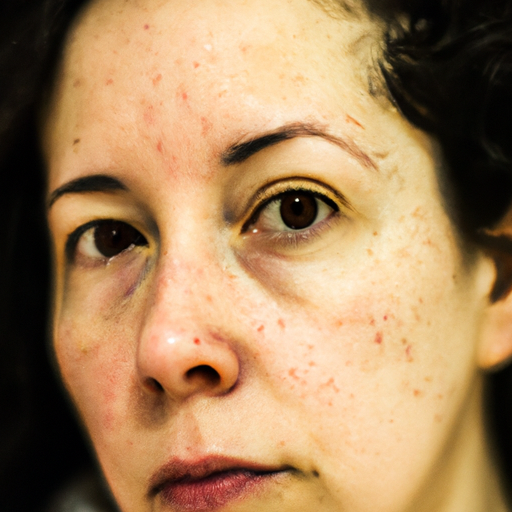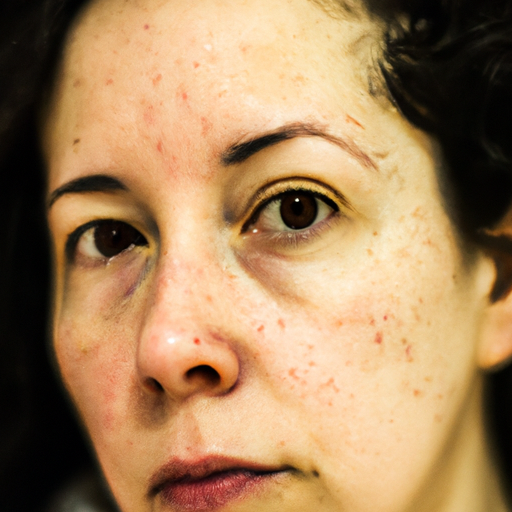Sensitive skin is a common condition that affects a significant proportion of the population. It is characterized by various symptoms, such as redness, itching, burning, and dryness, which can be triggered by numerous factors, including environmental conditions, cosmetic products, and certain foods. Despite its prevalence, sensitive skin remains a complex and often misunderstood condition. This article aims to unmask sensitive skin, providing a comprehensive guide to its diagnosis and treatment.
Diagnosing sensitive skin can be challenging due to the subjective nature of the symptoms and the lack of standardized diagnostic criteria. Often, the diagnosis is based on the patient’s self-reported symptoms and their response to certain triggers. Dermatologists may also conduct patch tests to identify specific allergens or irritants that may be causing the symptoms. However, these tests are not always conclusive, as sensitive skin can also be a symptom of other underlying conditions, such as rosacea or eczema.
One of the most crucial aspects of diagnosing sensitive skin is understanding its triggers. These can vary widely from person to person and can include environmental factors such as extreme temperatures or wind, chemical irritants found in certain cosmetic or cleaning products, and even stress or hormonal changes. Therefore, it is essential for individuals with sensitive skin to pay close attention to when their symptoms occur and what might be causing them.
Once a diagnosis has been made, the treatment of sensitive skin primarily involves avoiding known triggers and maintaining a proper skincare routine. This typically includes using gentle, fragrance-free cleansers and moisturizers, avoiding harsh exfoliants or peels, and protecting the skin from sun exposure with a broad-spectrum sunscreen. It’s also important to note that over-washing can strip the skin of its natural oils, leading to dryness and irritation, so it’s recommended to wash the face no more than twice a day.
In some cases, topical treatments may be recommended to alleviate symptoms. These can include over-the-counter products containing ingredients like aloe vera, chamomile, or green tea, which have soothing properties. For more severe symptoms, a dermatologist may prescribe topical corticosteroids or other anti-inflammatory medications.
Additionally, lifestyle changes can also play a significant role in managing sensitive skin. This can include maintaining a healthy diet, staying hydrated, getting regular exercise, and ensuring adequate sleep, all of which can help improve overall skin health. It’s also important to manage stress levels, as stress can trigger or exacerbate skin sensitivity.
In recent years, there has been increasing interest in the role of the skin’s microbiome – the community of microorganisms that live on our skin – in sensitive skin. Some research suggests that imbalances in the skin’s microbiome may contribute to skin sensitivity, and that products containing probiotics or prebiotics may help restore this balance and improve skin health. However, more research is needed in this area to fully understand the potential benefits.
In conclusion, sensitive skin is a complex condition that requires a personalized approach to diagnosis and treatment. By understanding the triggers and maintaining a proper skincare routine, individuals with sensitive skin can manage their symptoms and improve their skin health. However, it’s important to seek professional advice if symptoms persist or worsen, as this could indicate an underlying condition that requires medical treatment.




